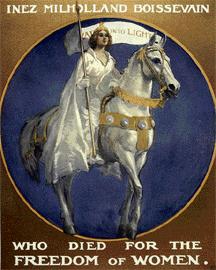 |
| Your blogger (L) and the late Charles "Leidschendam" Boissevain, who was driving us from Amsterdam to Haarlem. |
Charles was active in remembering his family's contributions to the Dutch Resistance in World War II and he was a stickler for accuracy.
I am interested in family stories told to me by my mother and other relatives, especially stories about World War II and how different families behaved during the crisis of the Occupation by Hitler.
Charles was always willing to review these stories with me. He would question this story and that story. The fact that information may have been given to me by another member of the family did not matter to him. His relentless questions were about the reliability or the probability of a fact.
It was no fun. He would ask me:
- How could that person know that fact? How old was that person at the time?
- Is there any corroboration?
- Is it even probable? Isn't there another interpretation?
As Loe de Jong, the great historian of World War II in Holland said of himself in a talk he gave to Harvard University after the war, he likes his history like his sherry, dry.
Th central figure in Charles's life were his father Bob and mother Sonia. He and his twin sister Hester (named after their great-grandparents Charles the newspaper publisher and his twin sister Hester) were Bob's youngest children. The entire family received a Yad Vashem award.
The outcome of our relationship was that the family notes that I will leave behind are more likely to survive over the years. They have been through some basic tests of plausibility. I have also became more critical of the source materials that I have used.
Th central figure in Charles's life were his father Bob and mother Sonia. He and his twin sister Hester (named after their great-grandparents Charles the newspaper publisher and his twin sister Hester) were Bob's youngest children. The entire family received a Yad Vashem award.
The outcome of our relationship was that the family notes that I will leave behind are more likely to survive over the years. They have been through some basic tests of plausibility. I have also became more critical of the source materials that I have used.

